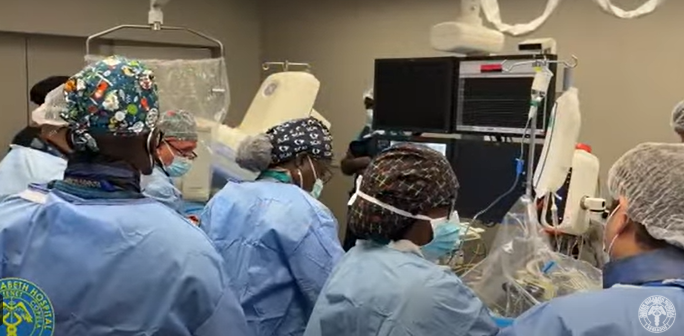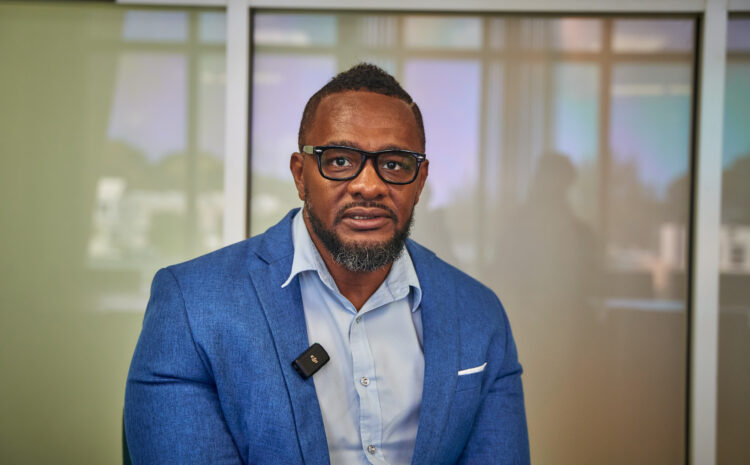The Caribbean’s growing vulnerability to hurricanes, earthquakes and volcanic eruptions has prompted a new US$1.26 million (BDS$2.52 million) United Nations and European Union initiative aimed at closing critical gaps in disaster preparedness, safeguarding displaced families and ensuring no one is left behind in future crises.
The UN International Organisation for Migration (IOM) and the EU have launched the Fostering Collaborative Approaches to Disaster Preparedness in the Caribbean initiative, part of the wider Resilient Caribbean project.
The programme, funded by the European Union Humanitarian Aid Operation with US$1.26 million, will harness collected data to address human mobility issues in line with a comprehensive disaster management strategy.
Over the next 24 months, the project would address “critical gaps in disaster preparedness and cross-border mobility with a strong people-centred approach,” said Daniela D’Urso, IOM’s Caribbean coordinator and regional policy expert for Latin America and the Caribbean.
She outlined three key elements of the initiative: integration of displacement and human mobility into regional disaster management mechanisms, including the development of protocols for cross-border evacuation; strengthening of data systems for evidence-based preparedness by building the capacity of CDEMA (the Caribbean Disaster Emergency Management Agency) and national authorities to collect, analyse and share reliable displacement and risk data; and the establishment of a Caribbean shelter and disaster response mechanism to bolster local and regional capacity, recognising the limitations and particularities of small island states, and ensuring that when families need assistance, relief items are already in place and partners can work together to deliver them.
Highlighting the mass displacements during the 2021 volcanic eruption in St Vincent and the Grenadines, and in that country and Grenada after Hurricane Beryl, CDEMA’s Programme Manager for Preparedness and Response, Mandela Christian, said: “Now more than ever, with the geopolitical shifts in foreign aid from major donors and development partners, we must pool our resources to optimise outputs and ensure efficient use of the limited resources available to us.”
Lauding the project, IOM’s Coordinator for the Caribbean, Patrice Quesada, said: “It’s thanks to this partnership that we’ll be able to contribute to ongoing efforts to have, for instance, better data, but also to continue to explore what we see as the next frontier with safe evacuation, where no child, no elder, no person with a disability should ever be left behind.”
He stressed that it was critical to ensure families were supported “from the first night of a crisis all the way back to a place that they will call home.”
Highlighting the quick response of rapid deployment and assessment teams in the aftermath of Hurricane Beryl last year, he said these outcomes were the result of collaborative initiatives that allowed partners to better anticipate and respond not only in the immediate hours but in the weeks that followed.
He said: “What we’ve seen is that the first hours in this type of emergency are usually about survival. So it’s about tops and broken roofs. It’s about basic supplies, it’s about safe spaces. What we know is that when the community steps up — helping neighbours, sharing food, opening their doors — that’s where you see solidarity across the Caribbean at its best, but we also know that disasters don’t stand still and needs change.
“So what we had was that a few days later, it was not just about shelter, but families needed power for fridges and phones. They needed safe light at night. They needed tools to clear debris. They needed material to rebuild. And that’s also when you see that international and regional support proved to be most relevant.”
Quesada said that to meet these evolving needs, the newly opened hub would provide supplies not only for immediate response but for the weeks following a disaster.
“We have tops and tents that are ready for the immediate response,” he said. “But we also have generators. We have solar lights with chargers. We have kitchen sets. We have bedding. We have house repair kits. Right now, in our custody, including with the upcoming new stocks, we can supply 2 000 families and 50 emergency shelters. That can make a great difference. It’s pre-positioned, it’s ready to move.”
(JB)
The post UN, EU launch US$1.26M project to strengthen Caribbean disaster response appeared first on Barbados Today.


